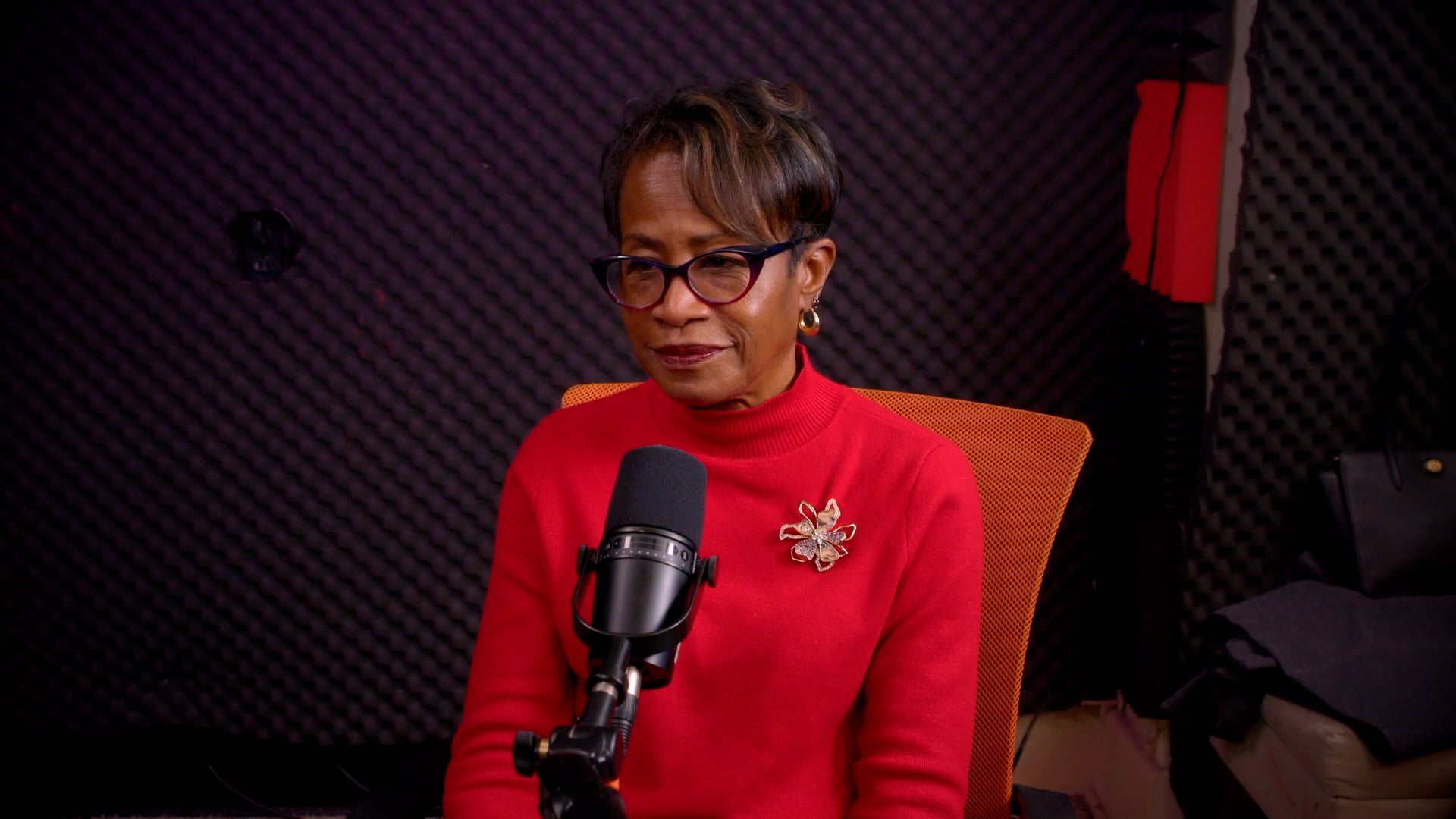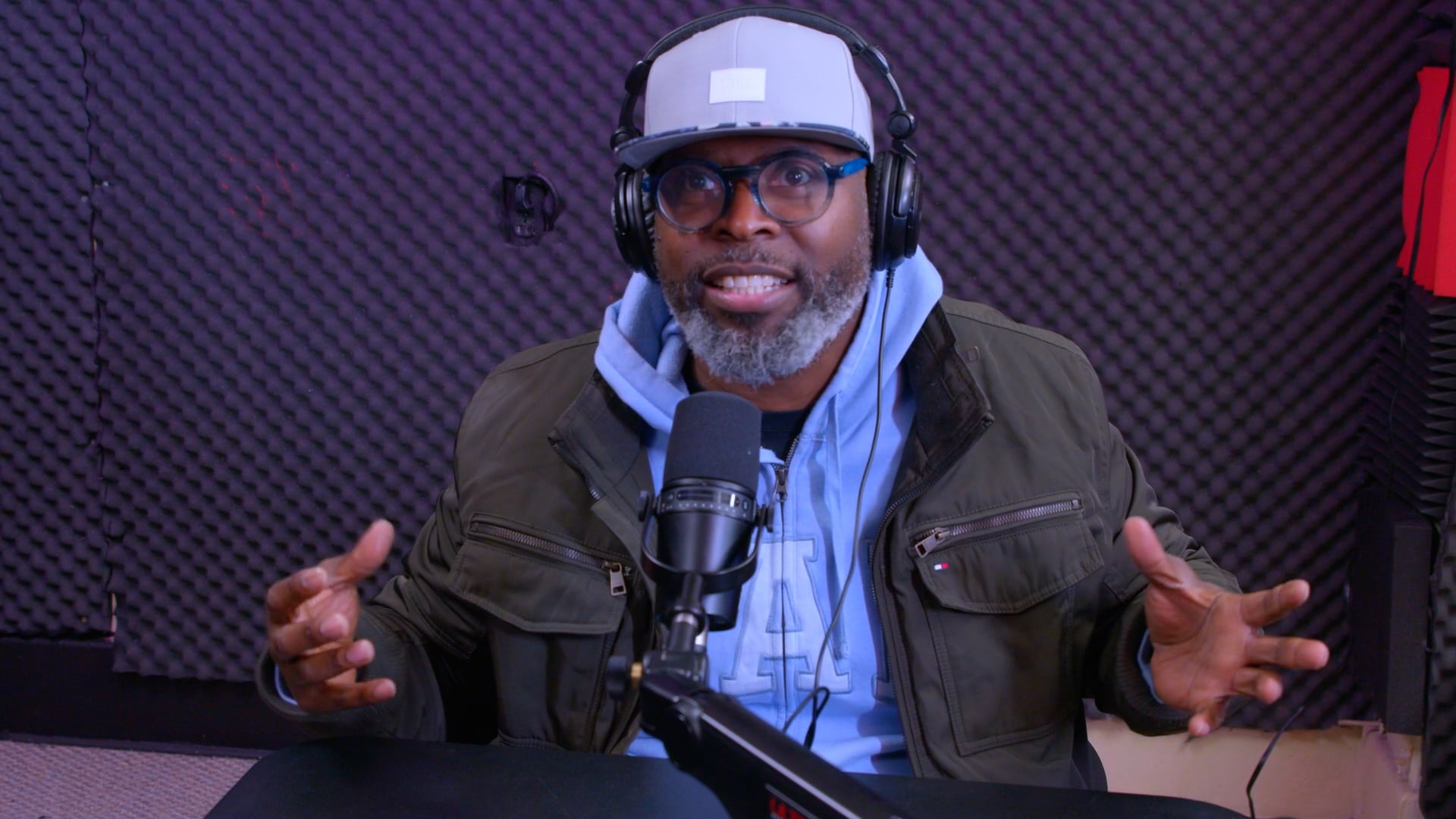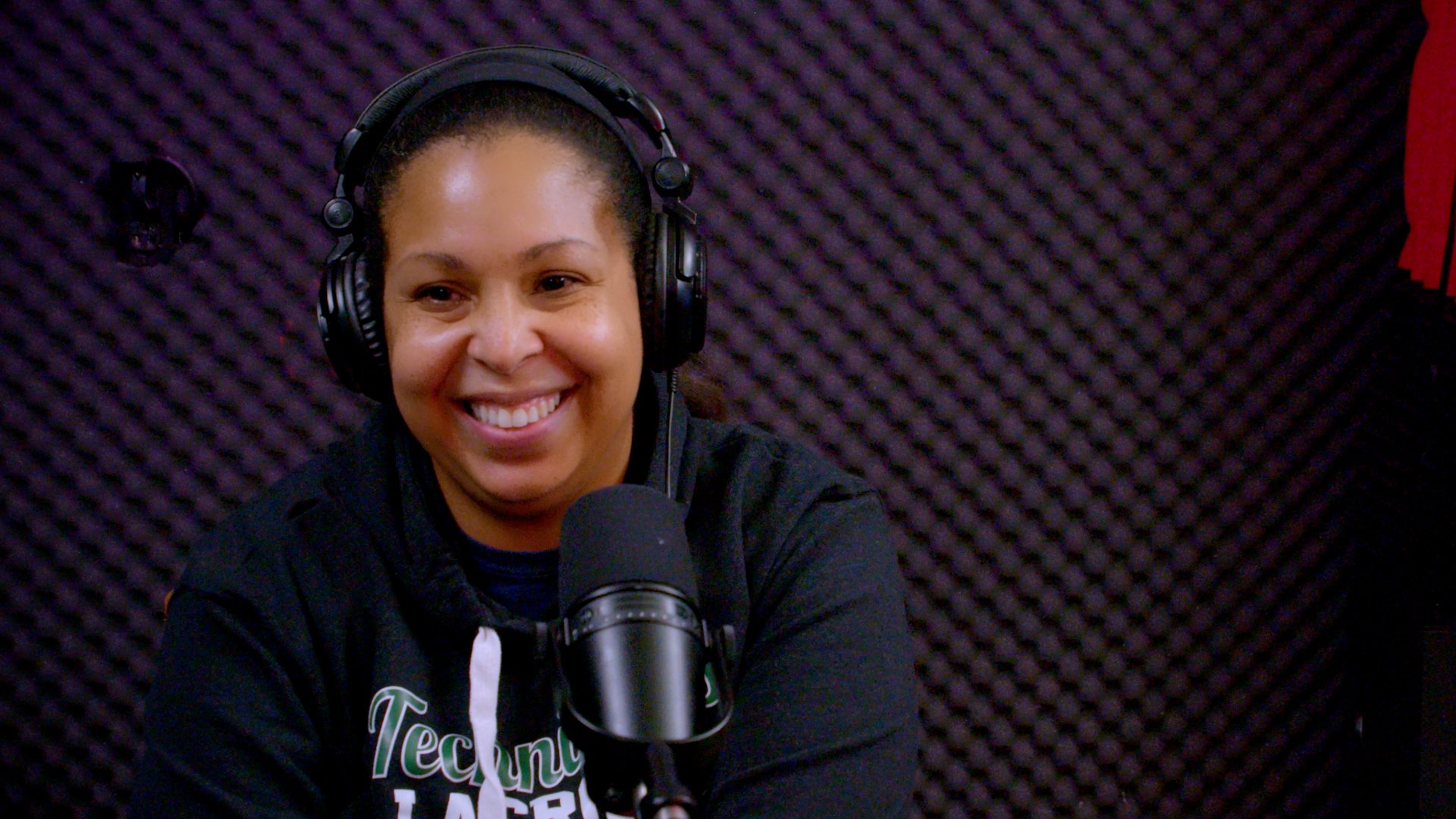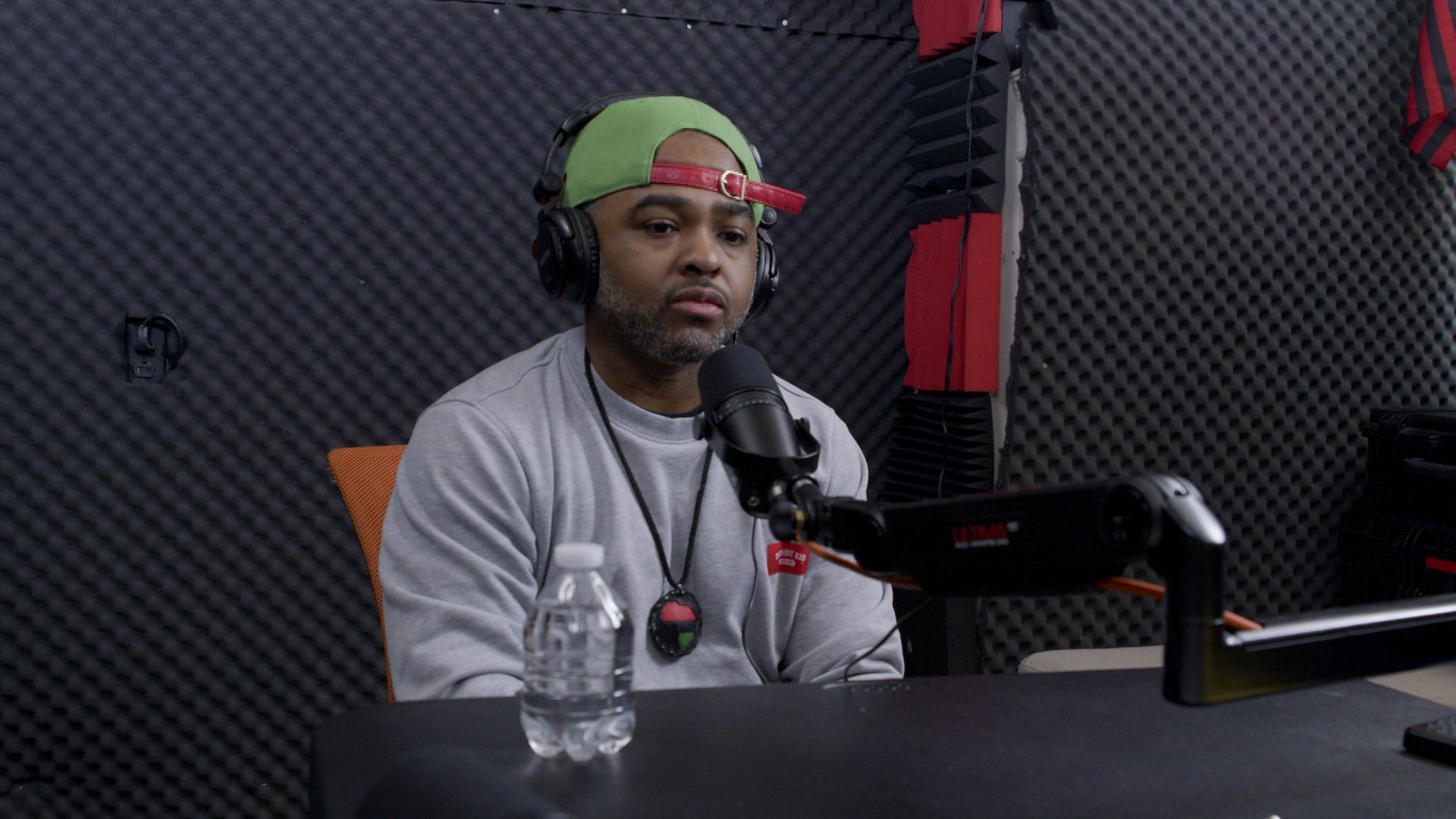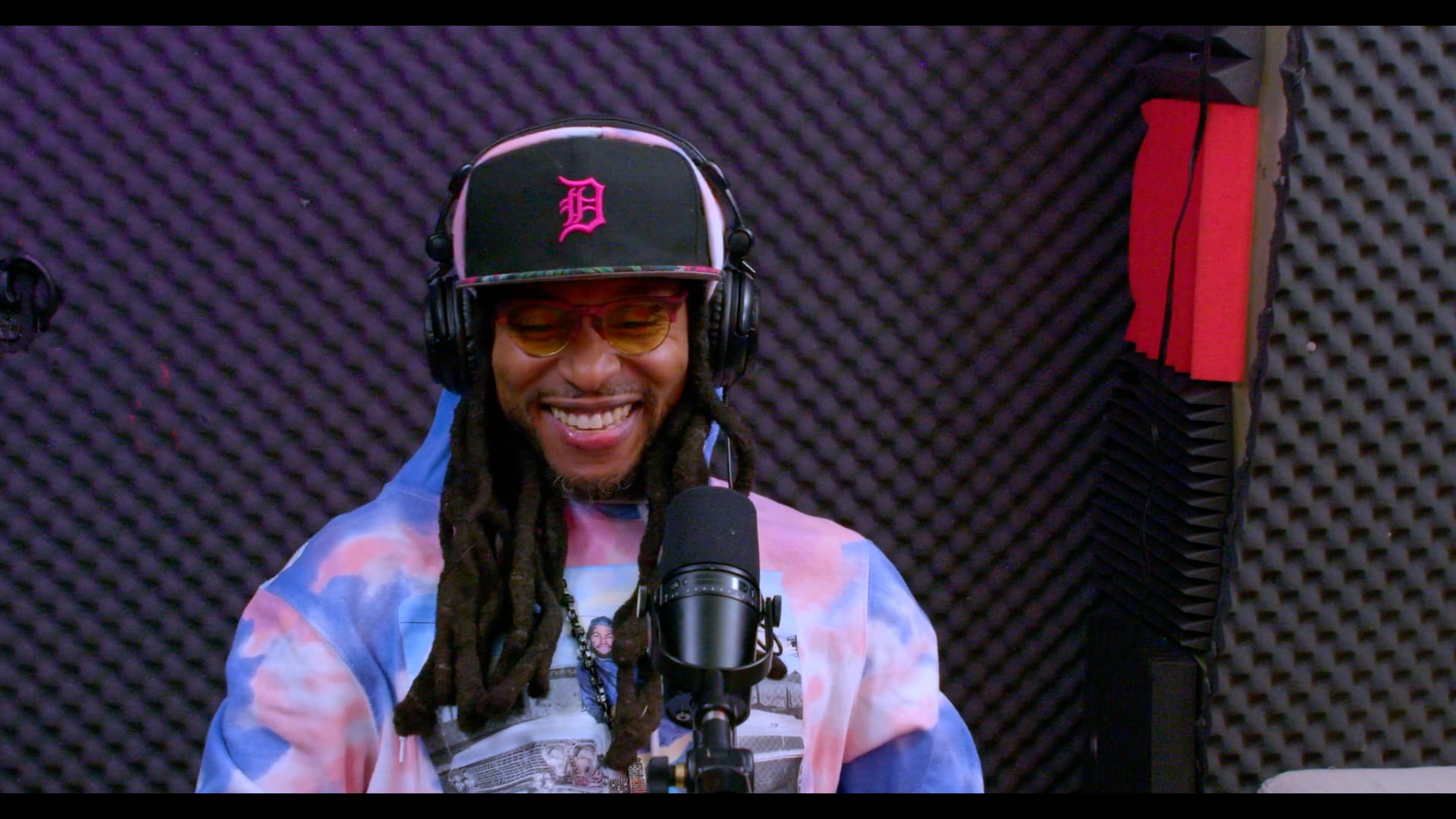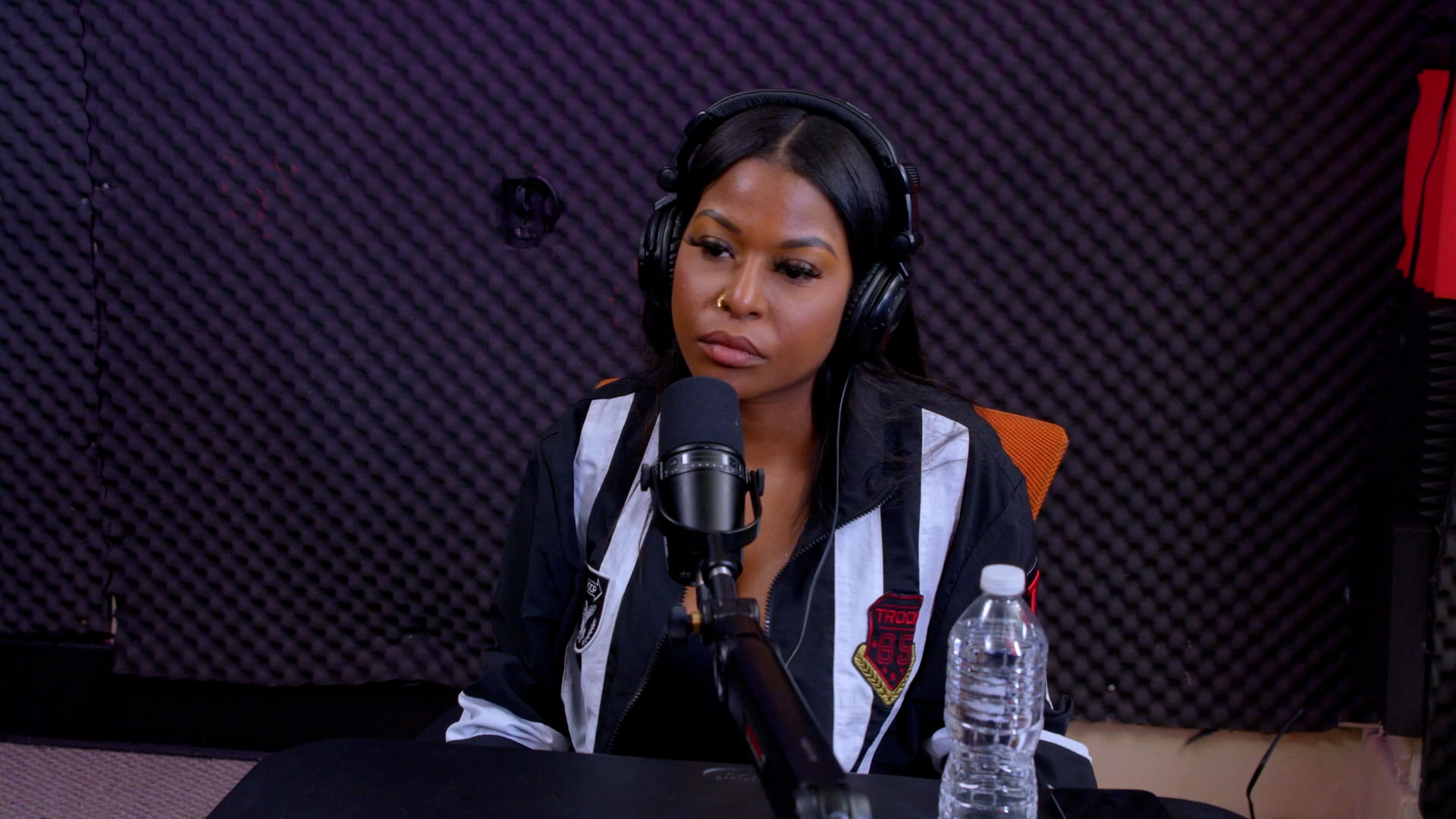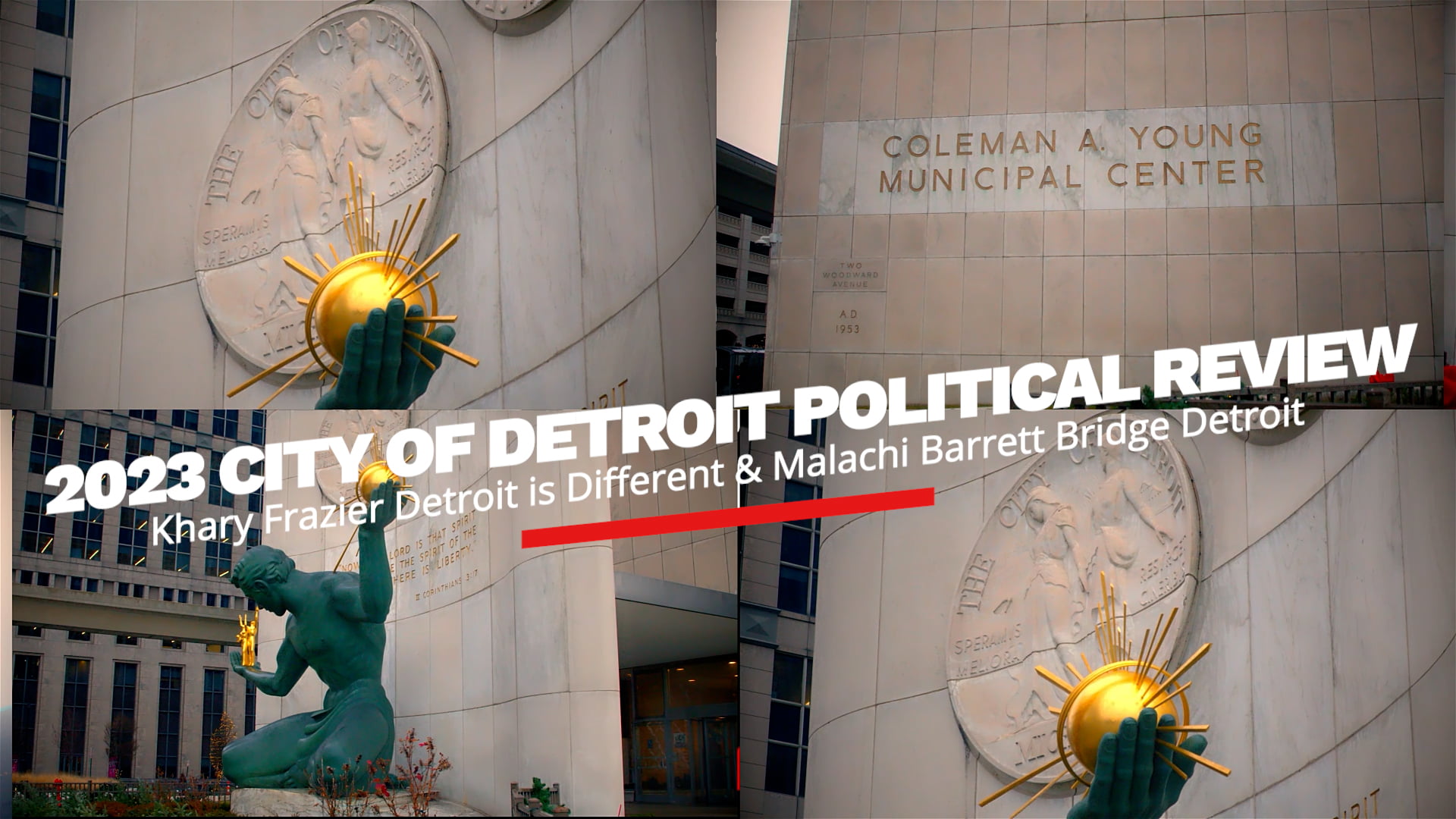Good Cakes and Bakes is much more than where you get your Favorite cupcakes, its community and entrepreneurial excellence from April Anderson’s team
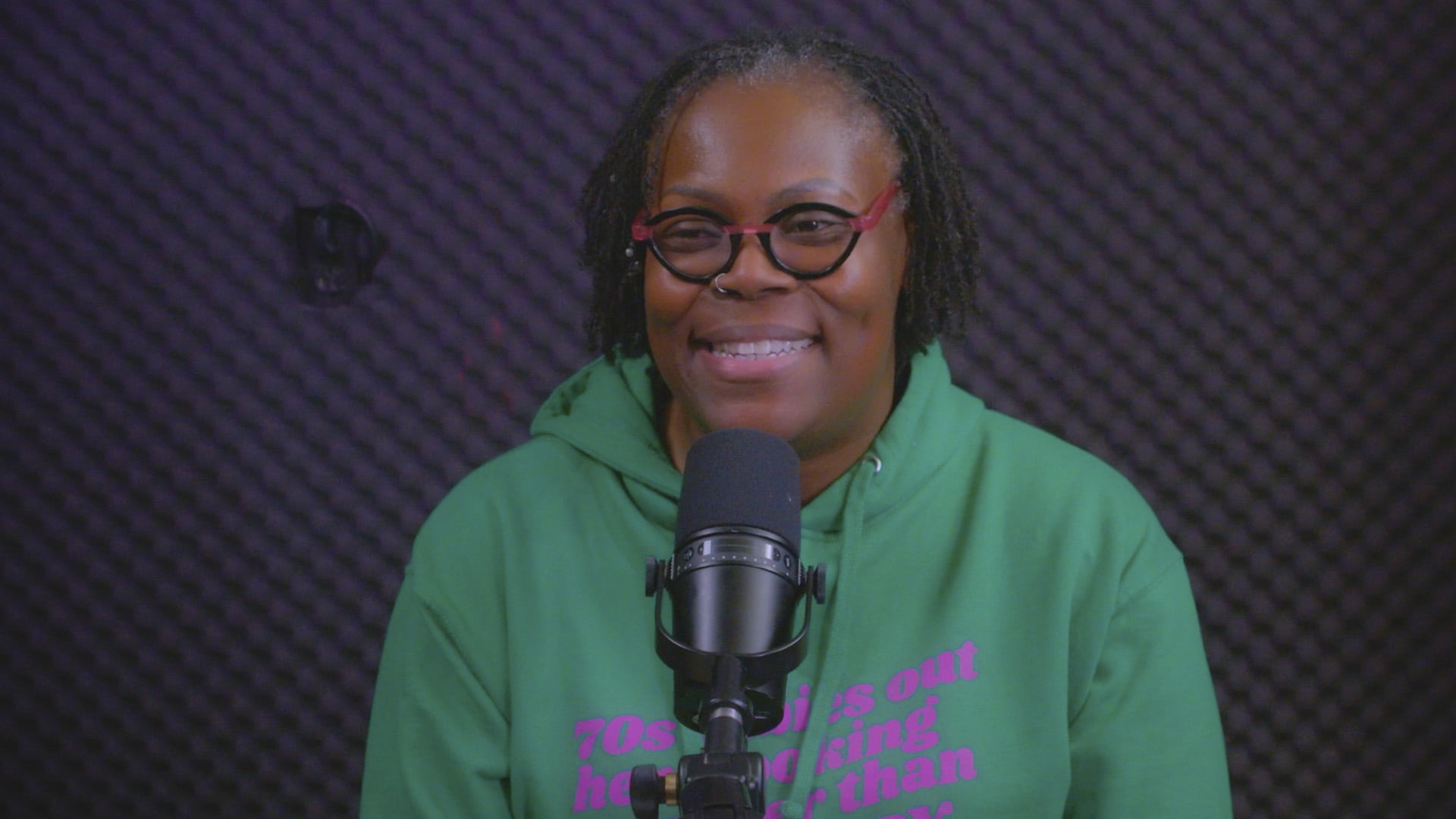
Good Cakes and Bakes is more than just a bakery; it’s a cornerstone of community spirit, innovation, and delectable treats along the Avenue of Fashions. With its recent expansion into downtown Detroit in 2023, Good Cakes and Bakes now offers an array of savory delights, artisanal coffees, and unique sweets that are exclusive to each location. For April Anderson, this expansion marked a realization of her dreams and prompted a reevaluation of the business’s operational strategies. In this Detroit is Different interview, we delved into the intricacies of managing and marketing a quick-service restaurant, revealing our shared enthusiasm for industry dynamics. This conversation also explored the nuances of operating in downtown Detroit compared to running a neighborhood establishment. April provided invaluable insights into assessing one’s business position and recognizing opportune moments for strategic pivots. Central to April’s philosophy is the recognition of time as a precious asset. Leveraging time effectively is instrumental in achieving the exceptional service quality synonymous with Good Cakes and Bakes. This interview is a treasure trove of lessons for entrepreneurs, emphasizing the importance of adaptability, understanding market shifts, and maximizing resources to elevate business performance.

